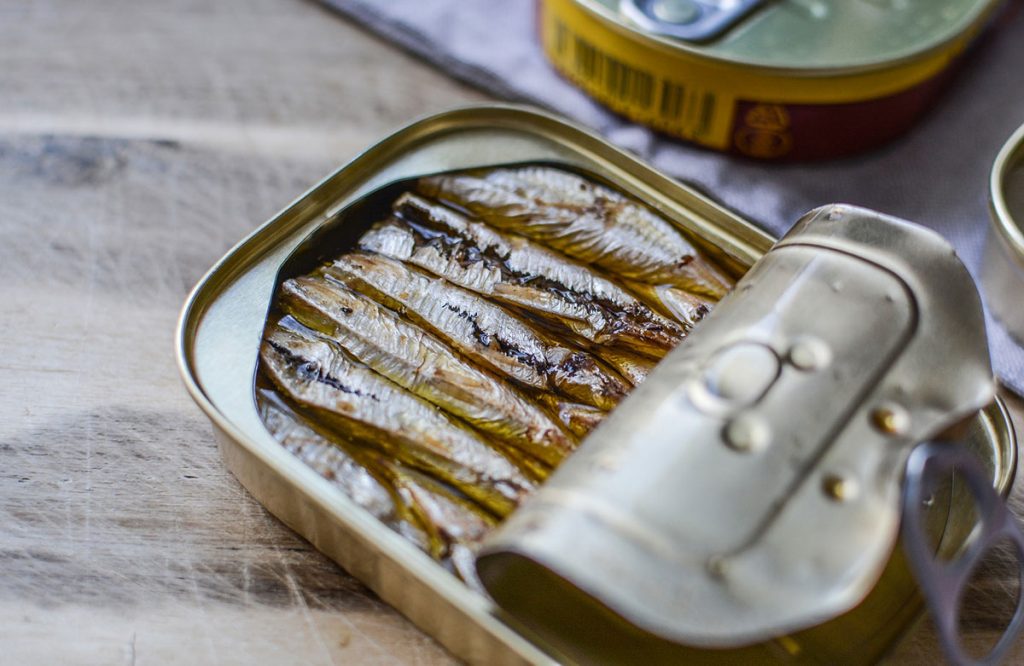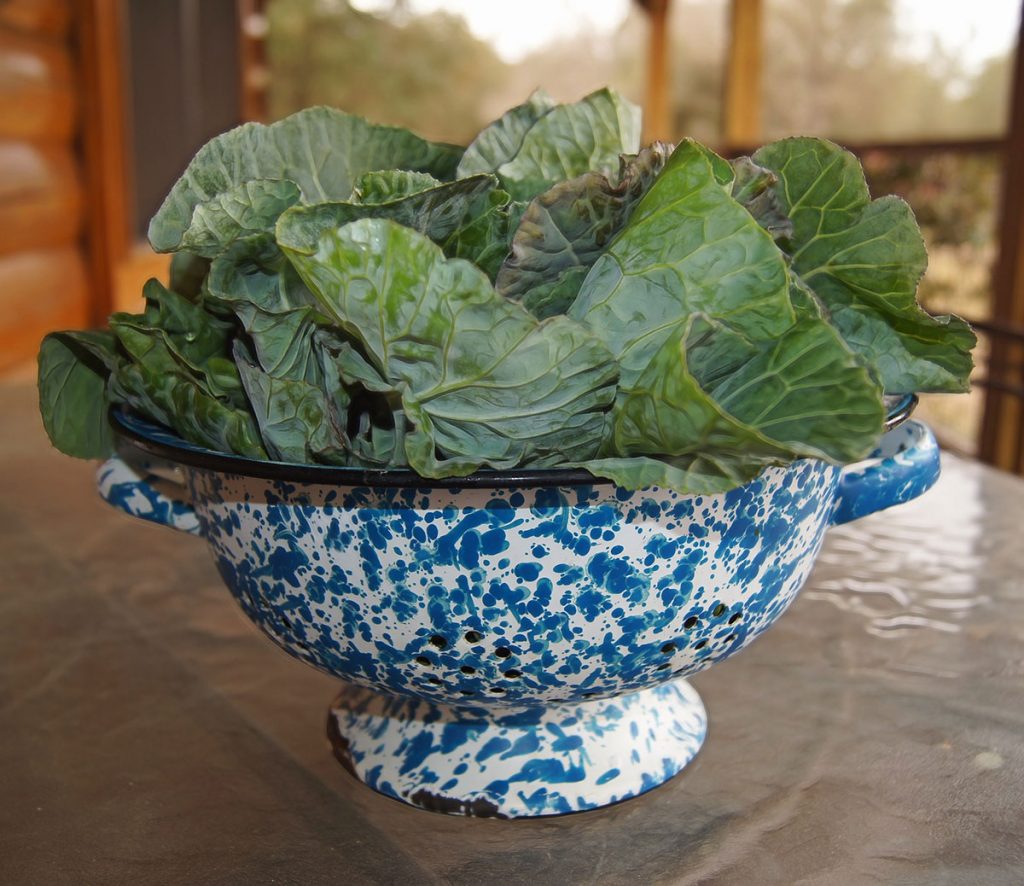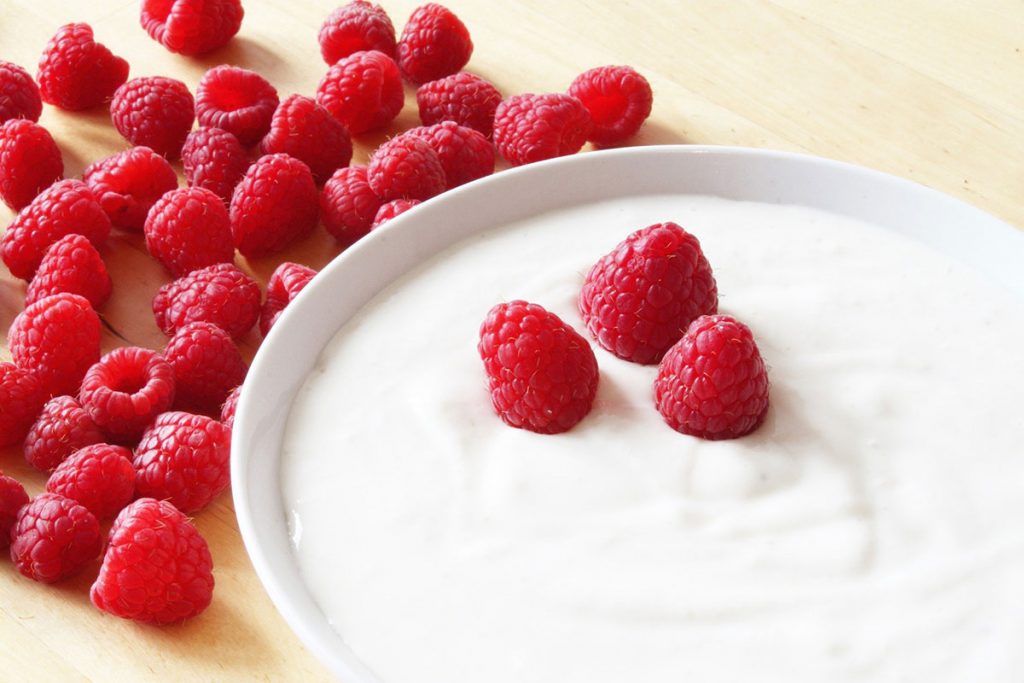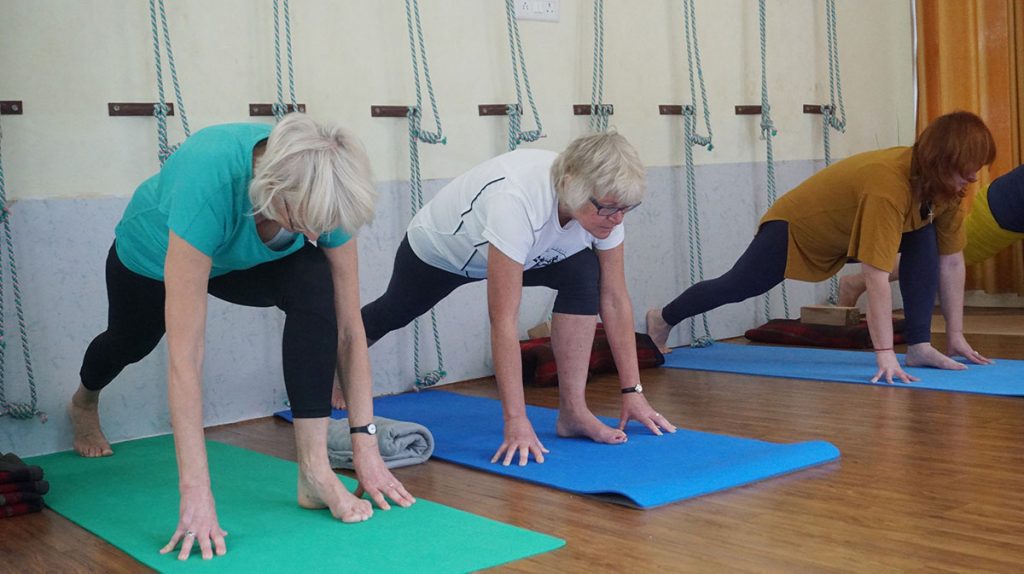Improve Your Bone Health: Best Osteoporosis Diet and Exercises
Worldwide, 1 in 3 women and 1 in 5 men over the age of 50 are at risk for an osteoporotic fracture – and as we age, our chances of suffering from osteoporosis or an osteoporotic fracture only increase.
What is Osteoporosis?
According to the International Osteoporosis Foundation, “Osteoporosis, which literally means porous bone, is a disease in which the density and quality of bone are reduced.” Our bones reach peak bone mass in our 20s, and as we age, bone loss tends to outpace new bone growth over time. Hence, osteoporosis is a slow, degenerative disease that often has no noticeable symptoms – until the first osteoporotic fracture occurs.
If you’re concerned about your bone health or think you have osteoporosis, it’s best to consult an orthopedic physician. He or she may recommend a Dexa scan to test your bone density.
A Healthy Osteoporosis Diet
If you’re looking to slow the effects of osteoporosis – or avoid the disease completely – there are a few lifestyle choices that can help, particularly in terms of diet and exercise.
The Best Foods for Bone Health
While there are plenty of foods that can improve bone density and health, the following are some of the best foods for osteoporosis that you can easily incorporate into your existing diet.
Canned Fish

While most people picture expired cans of tuna somewhere in the back of their pantry when they think of canned fish, some of the best calcium and vitamin D-rich foods are canned sardines and salmon. That’s because both of these canned fish have soft, edible bones full of vital bone-boosting nutrients.
For example, one 3.75-ounce can of sardines has approximately 350 mg (milligrams) of calcium and 178 IUs (international units) of vitamin D – one-third and one-half of the daily requirements for people over 50, respectively.
Dark Leafy Greens

Coming in at a whopping 358 mg of calcium per cooked cup, collard greens are the king of the dark leafy greens – and one of the best vegetables for osteoporosis. Other greens, such as kale, mustard greens, Brussel sprouts and turnip greens, are also great additions to your diet to improve bone health and density.
Dairy
Decades of milk advertisements have lauded the beverage as the best – and healthiest – source of calcium for strong bones; yet, there are better sources of calcium in the dairy aisle…
Yogurt and cheese.

One cup of yogurt contains 450 mg of calcium – compared to the 300 mg in 1 cup of milk. Likewise, cheese packs a powerful punch of calcium, even in small amounts. One ounce of Swiss or gruyere cheese has 270 mg of calcium, and the same amount of mozzarella, cheddar and jack cheese contains 200 mg of calcium!
The Importance of Vitamin D for Bone Health
So, you’ve incorporated the foods above into your diet to improve your bone density and health. That’s great! Unfortunately, without the proper amount of vitamin D, all of that calcium will be for naught. Your body needs vitamin D to absorb calcium.
Vitamin D can be found in three sources: sunlight, food and supplements. Depending on the time of year, where you live, other medical complications and skin cancer considerations, getting enough sunlight to meet your vitamin D needs may be difficult. And as vitamin D exists naturally in only a few foods, many people turn to supplements to maintain proper levels of vitamin D to maintain healthy bones.
When it comes to taking supplements, it’s always advisable to consult a healthcare provider before deciding on any specific vitamin D supplement or daily dose amount. Believe it or not, you can overdo it with vitamin D, and many providers may advise you to take K2 along with vitamin D, to help prevent arterial calcification
In addition to taking supplements for osteoporosis, women in menopause (especially the first 5 to 10 years) should consult a doctor about their hormone levels and possible hormone replacement therapy to help with both bone health, and with other menopause-related health issues.
Exercises for Osteoporosis
When it comes to preventing osteoporosis, weight-bearing and resistance exercises, as well as heavy lifting, are the best exercise-related osteoporosis prevention tools.

If you already have osteoporosis, you need to be careful and start out slow and steady on your osteoporosis workouts. Start light with band and body weight exercises, and only progress to heavier weight once you’ve built up your strength.
In addition to helping strengthen your muscles and improve your bone health, regular exercise can improve coordination and balance, which helps prevent falls and osteoporosis-related fractures.
10 Comments
Permalink
I was reading online today that good sources of calcium include: green leafy vegetables, such as broccoli, cabbage and okra, but not spinach. Then it went on to say, although spinach might appear to contain a lot of calcium, it also contains oxalic acid, which reduces calcium absorption, and it is therefore not a good source of calcium. I was wondering what your thoughts are in regards to eating spinach for bone health. I have osteopenia and have been eating spinach on a daily basis and am now concerned that it is not good for my bone health.
This information was on the NHA in the UK https://www.nhs.uk/live-well/healthy-body/food-for-strong-bones/
Thank you for your response.
Permalink
Mary,
Our main recommendation is to eat a well-rounded, balanced diet. If you are concerned about a particular food in relation to your bone health, I would recommend seeing your primary care provider or a nutritionist. With that said, our general recommendation for bone health is to take a daily vitamin d and calcium supplement, as long as it is cleared with your primary care doctor. All the best!
Permalink
I have a T score 3.8 from my bone scan , I was told I have severe osteoporosis, and I feel pretty good at the age of 65, what foods can I eat to help myself
Permalink
Vera,
First and foremost, you should contact your doctor before beginning or ending any significant dietary changes. We also recommend seeing a nutritionist for a complete osteoporosis diet. That being said, a few foods to try, according to the National Osteoporosis Foundation, are foods rich in omega-3’s, like fish or nuts and foods high in calcium, like cooked legumes.
Here is the complete article for more information: https://www.nof.org/patients/treatment/nutrition/
Permalink
Does walnuts and pecans help your bones in elderly people
Permalink
Larry,
Nuts in general are a great source of calcium and magnesium, both which help with bone health, along with protein and healthy fats. Some studies suggest walnuts help with maintaining collagen and elastin as well, which help keep your bones stronger. Of course, all foods work best in moderation, and with a well-rounded diet and exercise program.
Permalink
Hi there – you mention heavy lifting as a recommended exercise. I like to think I’m fit and have done a lot to keep it that way over the years. I go to the gym three times a week – about an hour’s+ workout each time, with a combo of cardio (rowing, cycling, elevated treadmill, planking, pelvic lifts) and all-over body strengthening program. What would you recommend as heavy lifting? My bone density has been monitored since my late 40s (on Fosamax with periodic “holidays”). Twenty years on, my hips are reading -2.5 and spine -2.4. Average weight and height.
I hope you don’t mind the long message, but I thought it best to provide as much as possible to help with the answer. Thank you.
Permalink
Clare,
Heavy lifting differs from person to person. There is no recommendation that fits everyone. It sounds like you are already exercising and lifting/strengthening as you should though.
If you want a detailed recommendation for your specific body type and fitness level, consider reaching out to a Bone Health Clinic or Physical Therapist. They might better be able to recommend specific exercises and weight limits for your bone health. Happy lifting!
Permalink
Which brands of sardines and salmon have edible bones? That is often not include on the package.
Thanks, Theresa – tahreelane@yahoo.com
Permalink
Hi Theresa,
This would be a question best answered by your Primary Care doctor or your nutritionist. They will be able to advise you on what foods you should and shouldn’t eat.